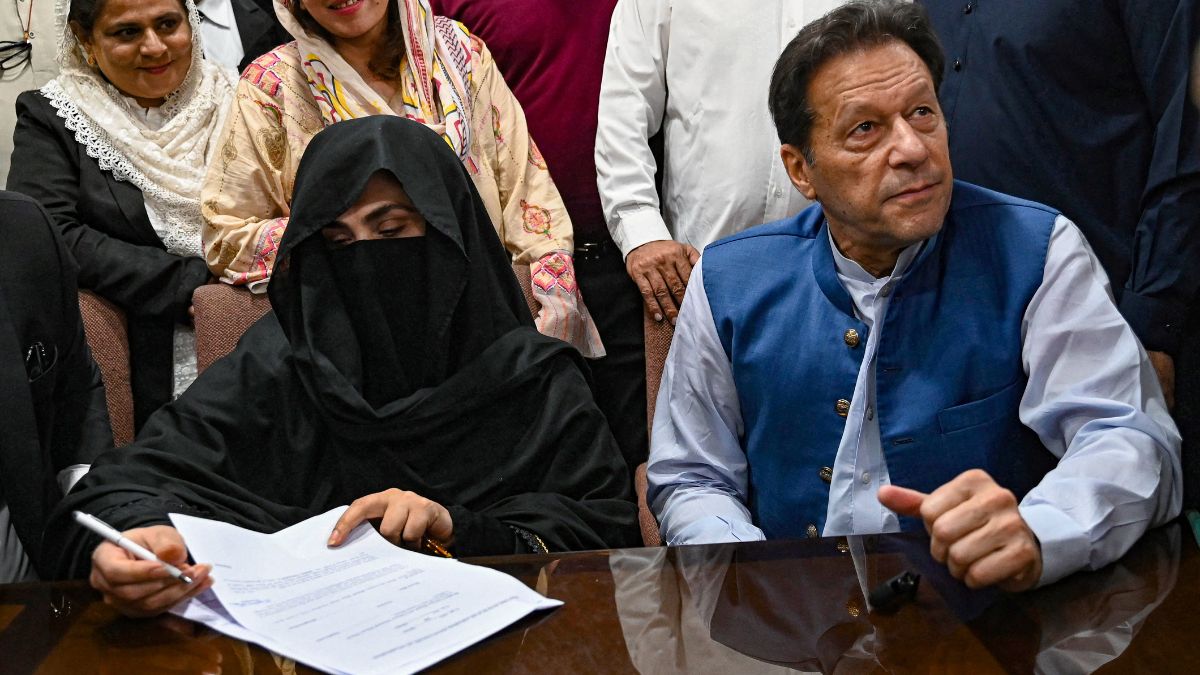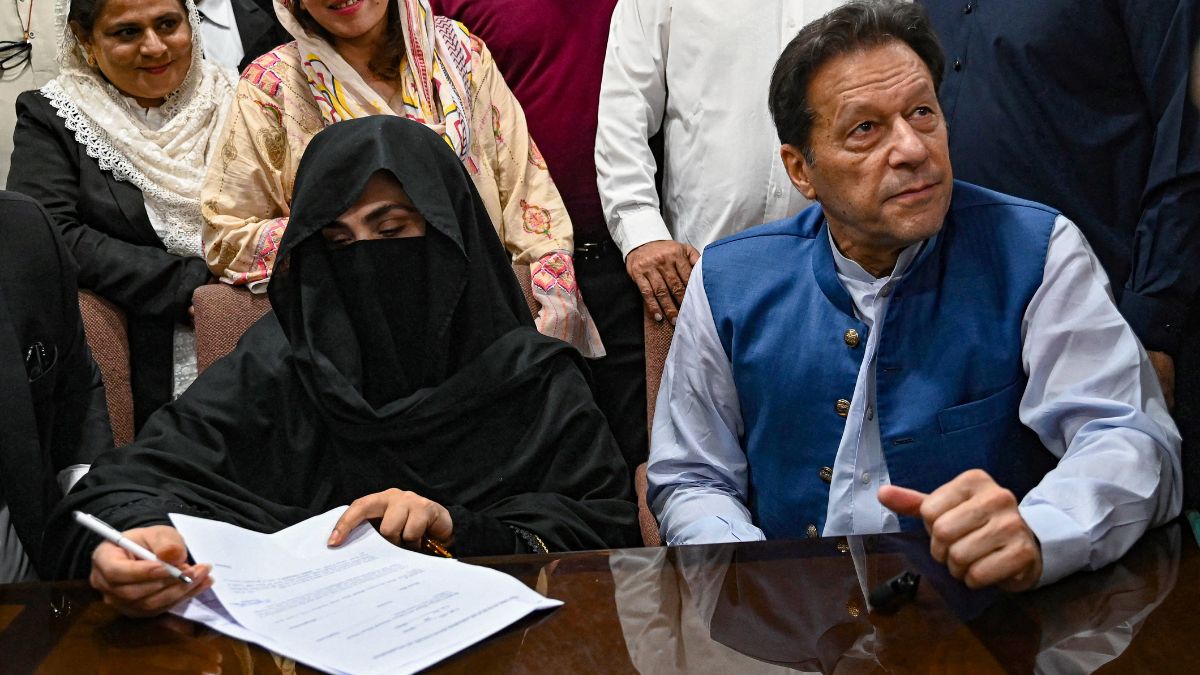There is a superbug explosion in India. And experts are worried.
So that more than eight out of 10 Indian patients are walking into hospitals carrying drug-resistant bacteria. This is three times the number of those in Italy, four times that of the US and eight times more than in the Netherlands.
The study also warned that India is at a ‘critical tipping point’ when it comes to fighting these superbugs But what do we know about the study? Why does this need to worry India more than others?
Let’s take a closer look.
The Lancet study explained
The study, co-authored by researchers from AIG Hospitals, was published in the prestigious Lancet eClinical Medicine. It came amid the world marking Antimicrobial Stewardship Week from 18 November to 25 November.
The study was conducted across four countries – India, Italy, the United States and the Netherlands – with a sample size of 1,200 respondents undergoing endoscopic retrograde cholangiopancreatography (ERCP), which is a routine procedure.
Rectal and throat–nose swabs were collected from the patients and their stool samples taken between January 2022 and October 2024.
Entitled ‘Preprocedural screening for multidrug-resistant organisms in endoscopic retrograde cholangiopancreatography: an international, multicentre, cross-sectional observational study’, it found that Indians had the most multidrug-resistant organisms (MDROs) by far.
Overall, 462 or 37 per cent carried a multidrug-resistant organism. Of the nearly 350 patients screened in India, 290 or 83.1 per cent were found to harbour a multidrug-resistant organism. This compared to just 31.5 per cent of patients doing so in Italy, 20 per cent in the US and 10.8 per cent in the Netherlands.
The study showed that around 70.2 per cent of Indian respondents had extended-spectrum beta-lactamase-producing Enterobacterales (ESBLE-E), which is known to be resistant to frequently used antibiotics. Meanwhile, another 23.5 per cent had carbapenem-resistant bacteria – which does not even respond to antibiotics used as a last resort by doctors.
The superbug MRSA, meanwhile, was found primarily among the patients in the United States. According to the analysis, a patient in India might be about 100 times more likely to harbour a multidrug-resistant organism, while one in Italy might be 6.6 times more likely, compared to a patient in the Netherlands.
Other risk factors that significantly contributed to one’s likelihood of carrying a multidrug-resistant organism included having conditions such as chronic lung disease or congestive heart failure, or a history of taking penicillins.
Endoscope-related spread of multidrug-resistant organisms should be tailored to local patterns of antibiotic resistance, rather than adopting a universal approach, the researchers said.
Screening before a medical procedure and targeted strategies for preventing infection should be included within broader, region-specific infection control frameworks, they added.
Why India needs to worry
Because the study warns that India is at a “critical tipping point” in the fight against antimicrobial resistance.
Experts say this could have dire consequences for both India’s healthcare system and public health. Hospitals and doctors would be forced to administer stronger and heavier doses of antibiotics. This in turn could possibly take a toll on the health of the patients, give rise to more complications and increase treatment costs.
The study noted that India already witnesses around 58,000 newborn deaths every year due to infections that are drug resistant. Meanwhile, doctors in ICUs and cancer care units are coming face to face with bacteria that cannot be treated by antibiotics.
Experts say doctors must use antibiotics more sparingly and only when needed, that prescription-only drug sales must be carefully regulated and there must be routine screenings to catch MDROs. They also say hospitals must consider using single-use devices in order to prevent cross-infections. They said members of the public must be up to date when it comes to taking vaccines and must maintain proper levels of hygiene.
Experts say this is likely a deep-rooted problem in Indian society.
As Dr D Nageshwar Reddy, Chairman of AIG Hospitals and co-author of the study, told NDTV, “When over 80 per cent of patients coming for a routine, commonly performed procedure are already carrying drug-resistant bacteria, it means the threat is no longer limited to hospitals, it is in our communities, our environment and our daily lives.”
Dr Hardik Rughwani, senior gastroenterologist and co-investigator from AIG Hospitals, told Telangana Today, “Our study should ring the loudest alarm bell India has heard on antibiotic resistance. When over 80 per cent of patients coming for a routine, commonly performed procedure are already carrying drug-resistant bacteria, it means the threat is no longer limited to hospitals, it is in our communities, our environment, and our daily lives. India urgently needs a national movement on antibiotic stewardship, public education, and strong regulatory action to prevent a true public health disaster.”
With inputs from agencies


)

)
)
)
)
)
)
)
)



